
Inherent biases, a limited sample, and a lack of additional empirical evidence significantly weakens the evidence basis to justify the so-called Conversion Therapy bill and may result in legislation that targets religious settings.
That’s according to Dr Karl Neff, the clinical lead at the National Gender Service (NGS).
He was responding to a claim by Noah Halpin, of Transgender Equality Network Ireland (Teni), that some people did not know they had undergone conversion practices and that they are used even in assessments for clinical healthcare.
Dr Neff said he had never met anyone who experienced this with a practitioner in Ireland.
The research paper, he said, “is weakened by significant recruitment, selection, and reporting bias. The political impetus for the study likely exaggerates these biases”, while even the report’s authors noted that there is “no empirical evidence of conversion therapies in Ireland in published research”.
The endocrinologist said if the proposed bill followed the study’s findings it would focus on religious and family settings.

There is a real risk of state interference in Christian doctrine if the recommendations of a UN expert on LGBT issues are followed, warns the World Evangelical Alliance [WEF].
The WEF’s Wissam al-Saliby said the report of the Sexual Orientation and Gender Identity (SOGI) Independent Expert of the United Nations, Victor Madrigal-Borloz, blurs the lines between religious doctrines and violations of human rights by several references to “sin” and “exclusionary teachings”.
Under international law, he said the State has the right to restrict religious freedom where it amounts to a threat to public safety, order, health and life, but traditional Christian teachings about sin and sexuality are usually excluded from that.
However, “[t]he report and its recommendations invite State intervention in Christian doctrine. Such an intervention would amount to an attack on the doctrinal autonomy of Christian communities and would violate the core protection of the forum internum or the non-negotiable internally held beliefs stemming from the God’s revealed Word”.
In addition, religious freedom expert, Ignasi Grau, said: “Calling an act sinful should not mean persecuting a person. Otherwise, all believers would be persecuted or rejected”.
“Although the report does not say this explicitly, it seems to suggest that public authorities should prevent religions leaders to call what they consider a sin a sin”.
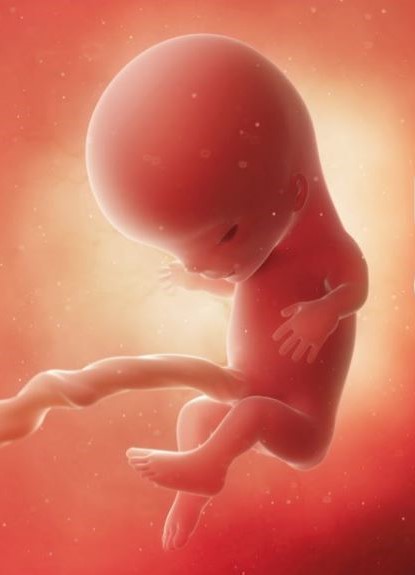
There were at least 8,156 abortions in Ireland in 2022 – the highest number yet – according to new figures released by the Department of Health.
Reacting to the news, Pro Life Campaign spokesperson Eilís Mulroy said the figures show that for every seven babies born, one was aborted.
“The Irish abortion rate has dramatically jumped, as the result of a government which has shown a complete lack of interest in providing women in unplanned pregnancies with real alternatives to abortion. Politicians’ only focus now should be on reducing the numbers, not on making the abortion regime even more pervasive”.
Ms Mulroy noted the Taoiseach, Leo Varadkar’s, recent concern about high abortion numbers. Yet, she said a radical Bill which passed second stage of the Dáil to expand the abortion law would “see the abortion rate climb even higher”.
“If Mr Varadkar is serious about seeing a decrease in the abortion rate, he urgently needs to focus on providing women in unplanned pregnancies with greater supports and alternatives to abortion. He must also engage with and listen to pro-life perspectives, instead of relying exclusively on abortion advocates in setting policy in this area.”
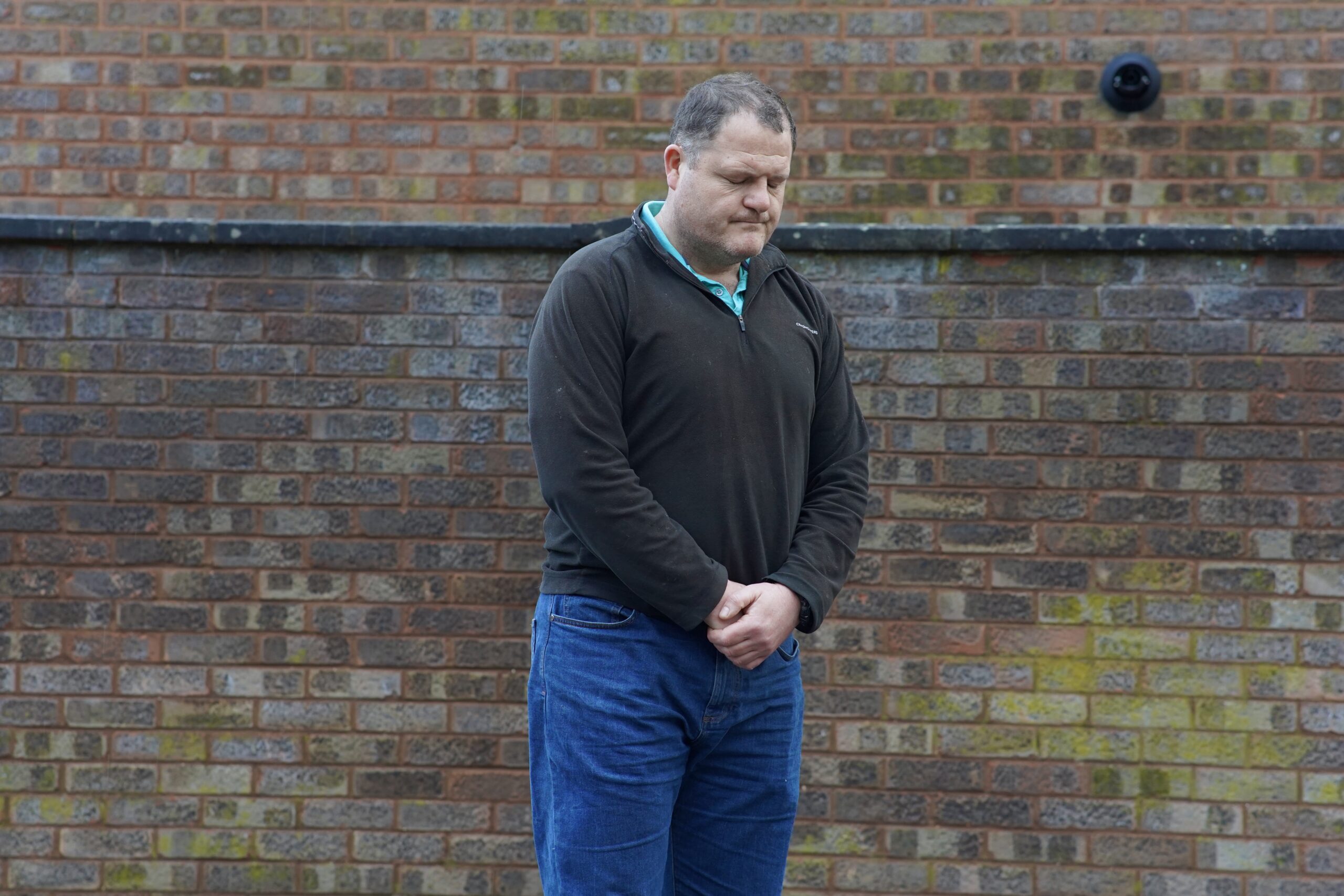
Blanket bans against peaceful prayer gatherings near abortion organisations are impermissible, according to Germany’s highest administrative court.
The ruling by the Federal Administrative Court in Leipzig upholding freedom of assembly comes even as Federal minister for Family Affairs Lisa Paus is planning to introduce exclusion zones around abortion facilities that would ban prayer vigils and offers of support.
“I’m truly relieved. Our prayers really help, as affected women have told us over and over. I am grateful that we can continue our prayer vigils. Every human life is precious and deserves protection,” said Pavica Vojnović, leader of a local prayer group after the decision was handed down.
In 2019, the city of Pforzheim banned the prayer group, despite the four-lane-wide road separating the group from the Pro Familia building. The city prohibited the group from praying within eye and earshot of an abortion organisation. Vojnović, the group’s leader, went to court to challenge the prohibition, arguing that it violated their right to freedom of assembly
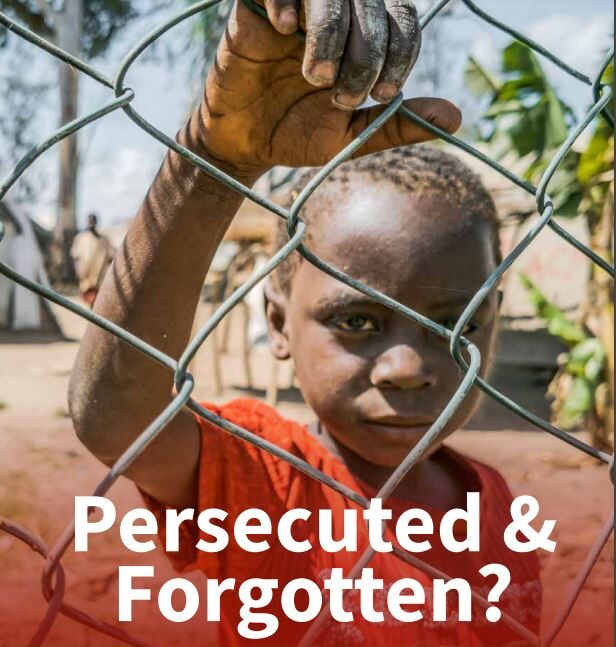
More than half of the global population lives in a country where people are actively persecuted for their religious beliefs, according to the 2023 Religious Freedom in the World report.
The report was released on the first day of Religious Freedom Week, in which the U.S. Catholic bishops have invited Catholics to pray for greater religious liberty both in the U.S. and around the world from June 22–29.
Aid to the Church in Need, a Catholic charity, published the report, which put 28 countries in the “red” category for religious freedom, which denotes religious persecution. Those countries are home to more than 4 billion people and make up about 51.6% of the global population.
Two of the most populous countries in the world, China and India, were found to be among the worst religious persecutors.
Other notable offenders include Nigeria, Pakistan, Afghanistan, Somalia, Saudi Arabia, and North Korea.
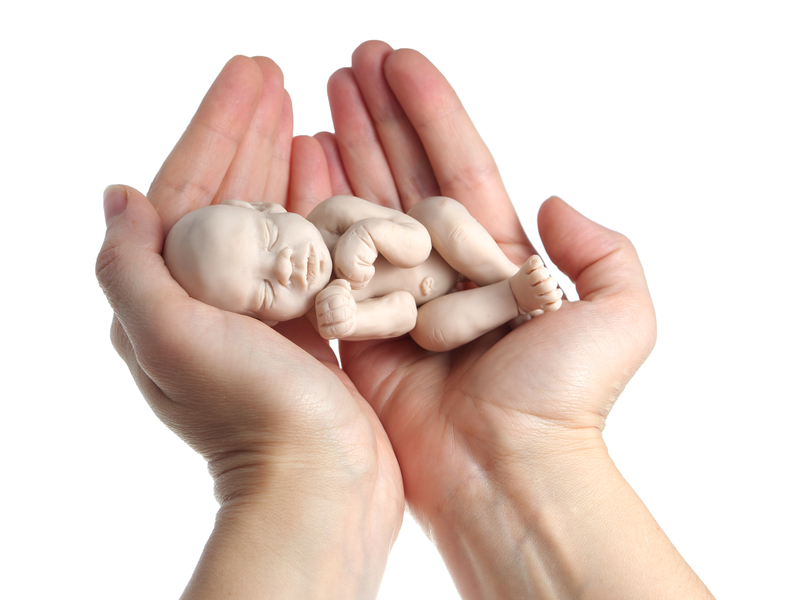
There were 1,428 abortions where a baby had a disability in the UK in the first six months of last year, according to figures released by the Department of Health and Social Care.
120 of these abortions took place when the baby was 24 weeks or over.
This is 17,731 higher than the figure for the first six months of 2021.
The full twelve months of last year saw the highest number of abortions ever recorded at 214,256.

A recent decision by the Biden administration to allow a deadline for appeal to pass in effect preserves a federal ruling that the government cannot mandate religious doctors and hospitals to provide ‘gender-transition’ procedures that can involve removing healthy body parts against their beliefs.
The Biden administration had until June 20 to appeal the federal ruling from December, which permanently protected religious doctors and hospitals from having to perform such procedures.
“After multiple defeats in court, the federal government has thrown in the towel on its controversial, medically unsupported transgender mandate,” said Luke Goodrich of the Becket Fund for Religious Liberty.
“Doctors take a solemn oath to ‘do no harm,’ and they can’t keep that oath if the federal government is forcing them to perform harmful, irreversible procedures against their consciences and medical expertise.”
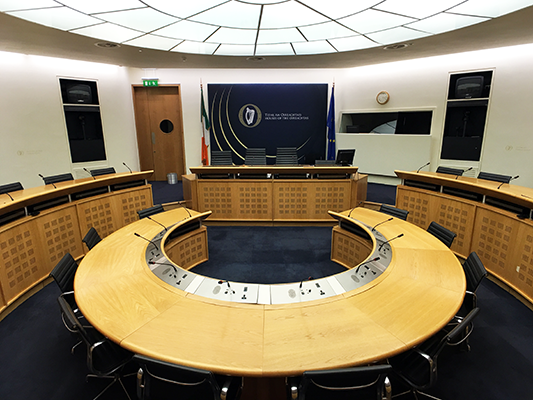
The Supreme Court did not resolve whether the Oireachtas could legislate for assisted suicide, according to Dr Conor Casey, a senior lecturer in public Law at the University of Surrey. He cited the Constitutional provision that pledges the State to protect the right to life.
He was one of three constitutional experts who spoke to the Special Committee on ‘Assisted Dying’ yesterday.
Dr Tom Hickey, an Assistant Professor of Constitutional law at Dublin City University, told the committee that the Constitution is “not a bar or a block” on the Oireachtas from legislating in the public interest.
Dr Andrea Mulligan, assistant professor of law at Trinity College Dublin, agreed, citing a landmark Supreme Court ruling from 2013 brought by Marie Fleming.
“The case of Fleming and Ireland is crystal clear on the issue on whether or not the Oireachtas has this power [to legislate for assisted suicide],” Mulligan said.
Dr Casey, however, disagreed and suggested that the court did not provide “explicit judicial endorsement of the proposition the Oireachtas has competence to legislate in this area of social policy”.
However, asked to clarify his position later by Fine Gael TD Emer Higgins, Casey said it was simply his belief that the Supreme Court did not decide either way – rather than saying the Oireachtas could not legislate for assisted dying laws.
“If the Oireachtas were to legislate, I would emphatically agree with my colleagues [Hickey and Mulligan] that the presumption of constitutionality would attach,” he said.
And not only that, in Fleming the court reminds us that in constitutional challenges, the burden of displacing the presumption of constitutionality is on the challenger.

Legislation to criminalise so-called “conversion therapy practices” is unnecessary and could be weaponised against medical professionals working with patients suffering with gender dysphoria.
That’s according to psychiatrist Dr Paul Moran of the HSE’s National Gender Service.
He was responding to an announcement by the Children’s Minister Roderic O’Gorman that he would bring forward legislation in the coming weeks with a view to passing legislation early in 2024.
He said that “conversion practices are cruel processes rooted in shame and stigma that seek to change, suppress or eliminate a person’s sexual orientation or gender identity”.
Speaking to reporters yesterday, O’Gorman claimed that conversion therapy practices do take place in this country, although they occur rarely.
“We’re not talking about conversations that take place about a person’s sexual orientation or their gender identity, the conversation between parents and kids, conversations between a priest or minister and a parishioner, conversations between a therapist and a client”.
This characterisation was disputed by Dr Moran.
He told Newstalk he had “never come across a case that has had any conversion therapy.”
“Clearly there is a law to ban something which is not happening and has not happened in living memory,” he said.
He added that there are pressure groups against the “very careful therapeutic way” of addressing gender dysphoria and they’re pushing for ‘gender reassignment’ measures like puberty blockers, sex hormones and even surgery without any assessment or therapy.
“The law is addressing a problem that doesn’t exist but it could empower these activists to undermine and attack the therapists who are trying to help these people.”
Dr Moran claimed the new law could “enable people to make spurious accusations” about a psychiatrist’s work.
“That could result in a lot of good professionals moving away from this much-needed work,” he said.
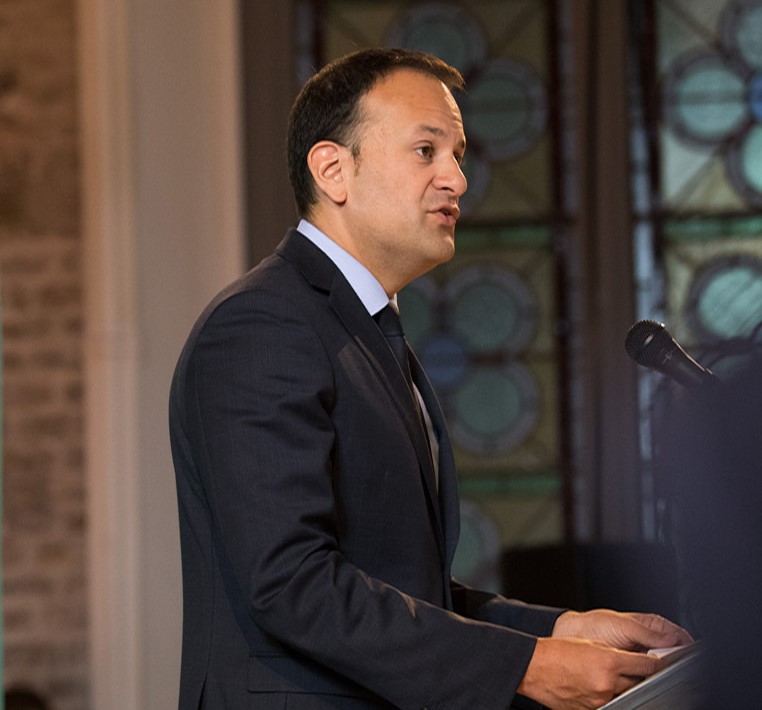
Taoiseach Leo Varadkar has said he would like to see fewer abortions in Ireland. Last year, over 8,000 took place.
In an interview with The Irish Times, Mr Varadkar was asked about the abortion law review.
“I don’t think anyone thinks that abortion is a good thing. It’s sometimes necessary but it’s not a good thing. There are over 8,000 abortions happening in Ireland every year. I would like that number to be lower”, he said.
He added that he was “sorry” that the report did not “properly explore” why women who attended their first appointment to get abortion drugs did not return for their second after three days.
“Is it the case that hundreds of abortions are being avoided as a result of it? Or, is it the case that women would have gone ahead with it anyway. It hasn’t been properly explored.”
He said he was happy to have led a Government that repealed the Eighth Amendment “but we did go to the people with a particular proposition. And so, soon after that referendum, making changes to what we said we would do … I’d have to think long and hard about that.”